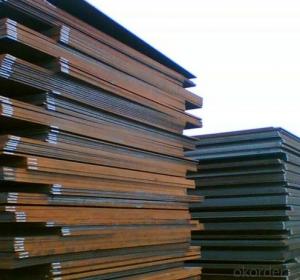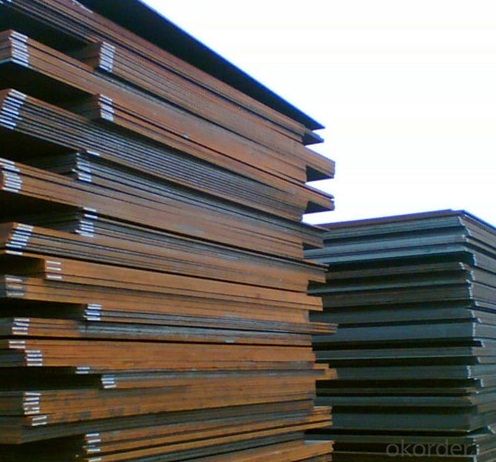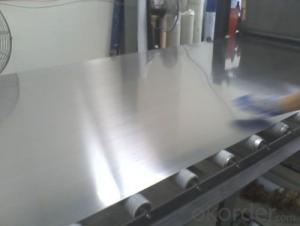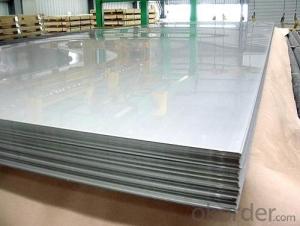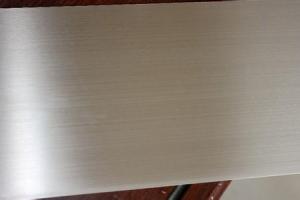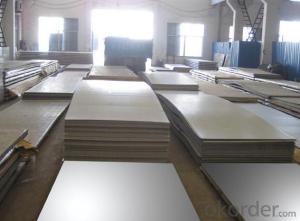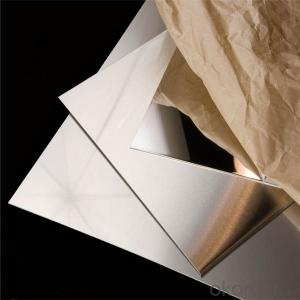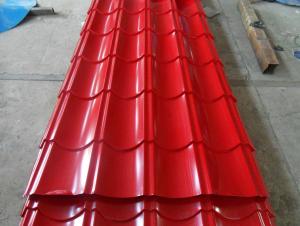High Quality Steel Plate/Sheet
- Loading Port:
- China Main Port
- Payment Terms:
- TT OR LC
- Min Order Qty:
- -
- Supply Capability:
- -
OKorder Service Pledge
Quality Product, Order Online Tracking, Timely Delivery
OKorder Financial Service
Credit Rating, Credit Services, Credit Purchasing
You Might Also Like
Quick Details
Standard:AISI, ASTM, BS, DIN, GB, JIS
Grade:Q195,Q235,SS400,A36,Q345B etc
Thickness:0.25mm-100mm
Model Number:001
Type:Steel Plate
Technique:Hot Rolled
Surface Treatment:average
Application:Container Plate
Special Use:High-strength Steel Plate
Width:1250mm-2500mm
Length:2m-12m
specification:Some special size ,we can do as your requirments
Packaging & Delivery
| Packaging Details: | Standard exporting packing or as client's requirement |
|---|---|
| Delivery Detail: |
- Q: Can steel sheets be used for toolboxes?
- Yes, steel sheets can be used for toolboxes. Steel is a durable and strong material, making it a suitable choice for toolboxes that require sturdiness and protection for tools.
- Q: How do steel sheets compare to plastic sheets?
- Steel sheets are generally stronger, more durable, and have a higher heat resistance compared to plastic sheets. They are better suited for heavy-duty applications, such as construction and industrial uses, where strength and durability are crucial. Plastic sheets, on the other hand, are lightweight, flexible, and cost-effective. They are commonly used for applications where weight and cost are important factors, such as packaging, signage, and some consumer goods. Ultimately, the choice between steel and plastic sheets depends on the specific requirements and intended use of the sheets.
- Q: Can steel sheets be used for storage racks or shelves?
- Yes, steel sheets can be used for storage racks or shelves. Steel is a durable and strong material, making it ideal for heavy-duty storage applications. Steel sheets can be fabricated into various shapes and sizes to create storage racks or shelves that can hold heavy items and withstand the weight over time. Additionally, steel is resistant to corrosion, ensuring the longevity and reliability of the storage solution. Steel sheets can be easily cleaned and maintained, making them suitable for storing a wide range of items, including tools, equipment, and products in industrial, commercial, or residential settings.
- Q: What is the tensile strength of the steel sheets?
- The tensile strength of steel sheets varies based on the specific grade and thickness of the steel. In general, steel sheets have a tensile strength that falls between 370 and 1,500 megapascals (MPa). However, it is important to note that different types of steel sheets possess different tensile strength values. For instance, low carbon steel sheets typically exhibit a tensile strength ranging from 370 to 550 MPa, while high-strength low alloy (HSLA) steel sheets can possess tensile strengths that span from 450 to 1,200 MPa. Furthermore, the thickness of the steel sheets also impacts their tensile strength, with thicker sheets generally displaying higher tensile strength values. Therefore, it is critical to refer to the specifications provided by the manufacturer or supplier of the steel sheets to ascertain the precise tensile strength for a particular grade and thickness.
- Q: Definition and application of steel sheet pile
- The steel sheet pile is a kind of edge with linkage device, and the linkage device can be freely assembled so as to make the linkageA steel structure forming a continuous tight retaining or retaining wall
- Q: Are steel sheets available in different hardness levels?
- Different hardness levels are available for steel sheets. Factors such as steel composition, heat treatment, and additional processing or alloying determine the hardness of a steel sheet. Steel sheets can vary from being very soft and easily shaped to being extremely hard and long-lasting. The Rockwell scale is commonly used to measure the indentation hardness of steel sheets. By providing various hardness levels, steel sheets can fulfill diverse application needs, including forming, bending, and high-wear applications that demand exceptional resistance to abrasion.
- Q: What are the different types of steel alloys used for sheets?
- There are several types of steel alloys commonly used for sheets, including carbon steel, stainless steel, galvanized steel, and alloy steel. Carbon steel is a versatile and widely-used alloy that offers good strength and durability. Stainless steel is highly resistant to corrosion and is often used in applications where hygiene and aesthetics are important. Galvanized steel is coated with a layer of zinc to protect against rusting and is commonly used in outdoor and industrial applications. Alloy steel is a combination of different elements to enhance specific properties such as strength, toughness, and heat resistance.
- Q: What are the different edge finishes available for steel sheets?
- Depending on the desired aesthetic and functional requirements, steel sheets offer various edge finishes. The most common options are as follows: 1. Mill Edge: Directly from the steel mill, this is the standard and unfinished edge. It is typically used in non-critical applications like industrial or structural use. 2. Trimmed Edge: Irregularities and burrs are removed by trimming or shearing the rough mill edge. This provides a cleaner and more uniform edge, making it suitable for applications where appearance matters. 3. Deburred Edge: Through a deburring process, sharp or jagged edges are eliminated, resulting in a smooth and rounded edge. This enhances safety, making it common in applications involving frequent handling or contact. 4. Beveled Edge: The edge is cut or ground at an angle, creating a sloping or chamfered edge. This improves both aesthetics and functionality, especially in architectural applications and jointing or welding. 5. Rolled Edge: By rolling or bending the steel sheet's edge, a rounded or folded edge is formed. Rolled edges provide a smooth and finished appearance, making them ideal for visible applications like decorative or furniture manufacturing. 6. Hemmed Edge: Folding the edge of the steel sheet over itself creates a double-layered and durable edge resistant to fraying or unraveling. Hemmed edges are commonly used in exposed areas that require added durability, such as roofing or sign manufacturing. These examples demonstrate the range of edge finishes available for steel sheets. Each finish offers unique characteristics and benefits, allowing for customization based on specific requirements and preferences.
- Q: Can steel sheets be recycled into other steel products?
- Yes, steel sheets can be recycled into other steel products. Recycling steel sheets helps conserve natural resources, reduces energy consumption, and minimizes environmental impact by eliminating the need for new steel production.
- Q: Are steel sheets suitable for marine applications?
- Yes, steel sheets are suitable for marine applications. Steel is known for its high strength, durability, and corrosion resistance, making it an ideal material for various marine structures, such as ship hulls, offshore platforms, and marine equipment. Additionally, steel sheets can be easily fabricated and welded, providing versatility in design and construction.
Send your message to us
High Quality Steel Plate/Sheet
- Loading Port:
- China Main Port
- Payment Terms:
- TT OR LC
- Min Order Qty:
- -
- Supply Capability:
- -
OKorder Service Pledge
Quality Product, Order Online Tracking, Timely Delivery
OKorder Financial Service
Credit Rating, Credit Services, Credit Purchasing
Similar products
Hot products
Hot Searches
Related keywords
